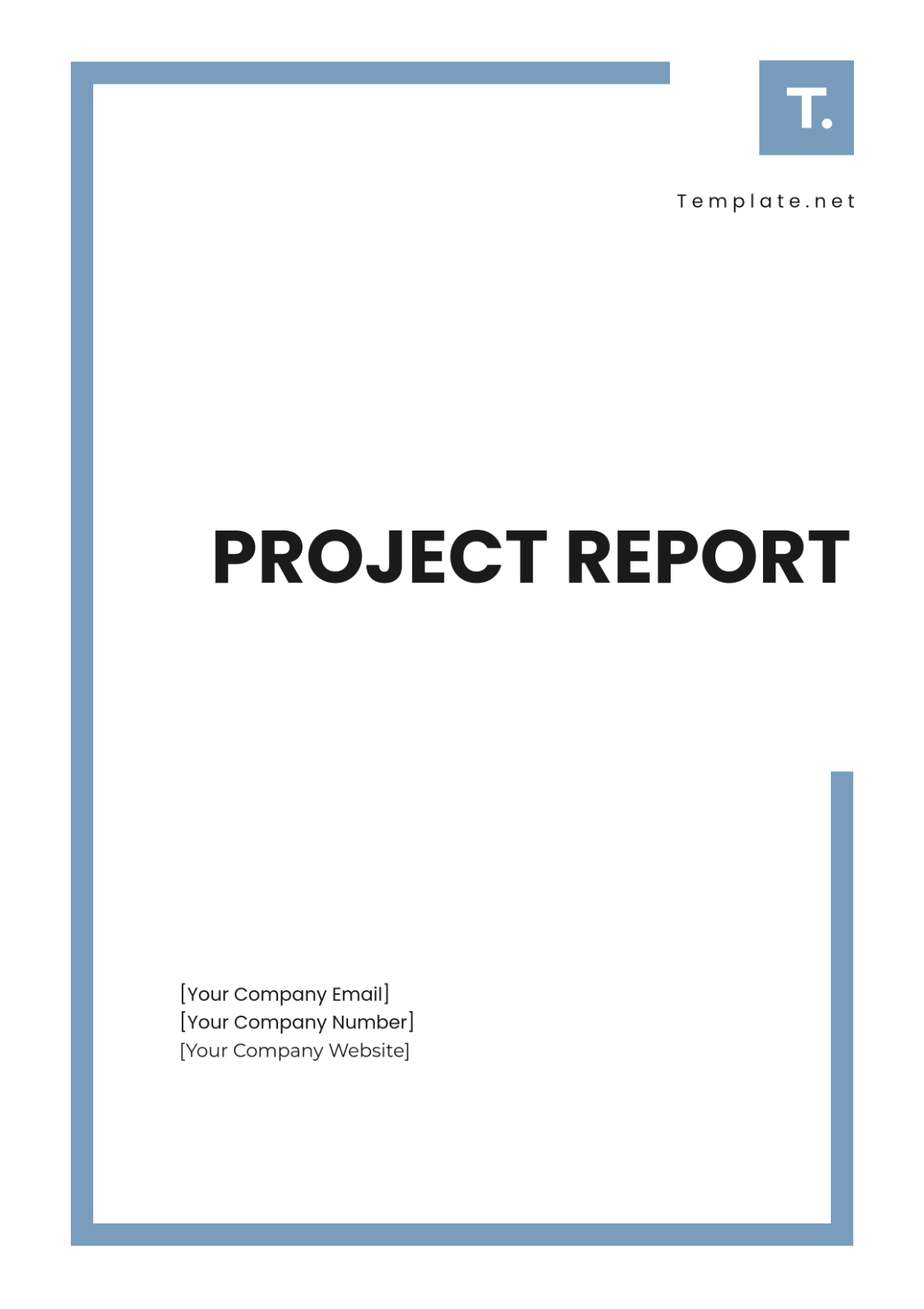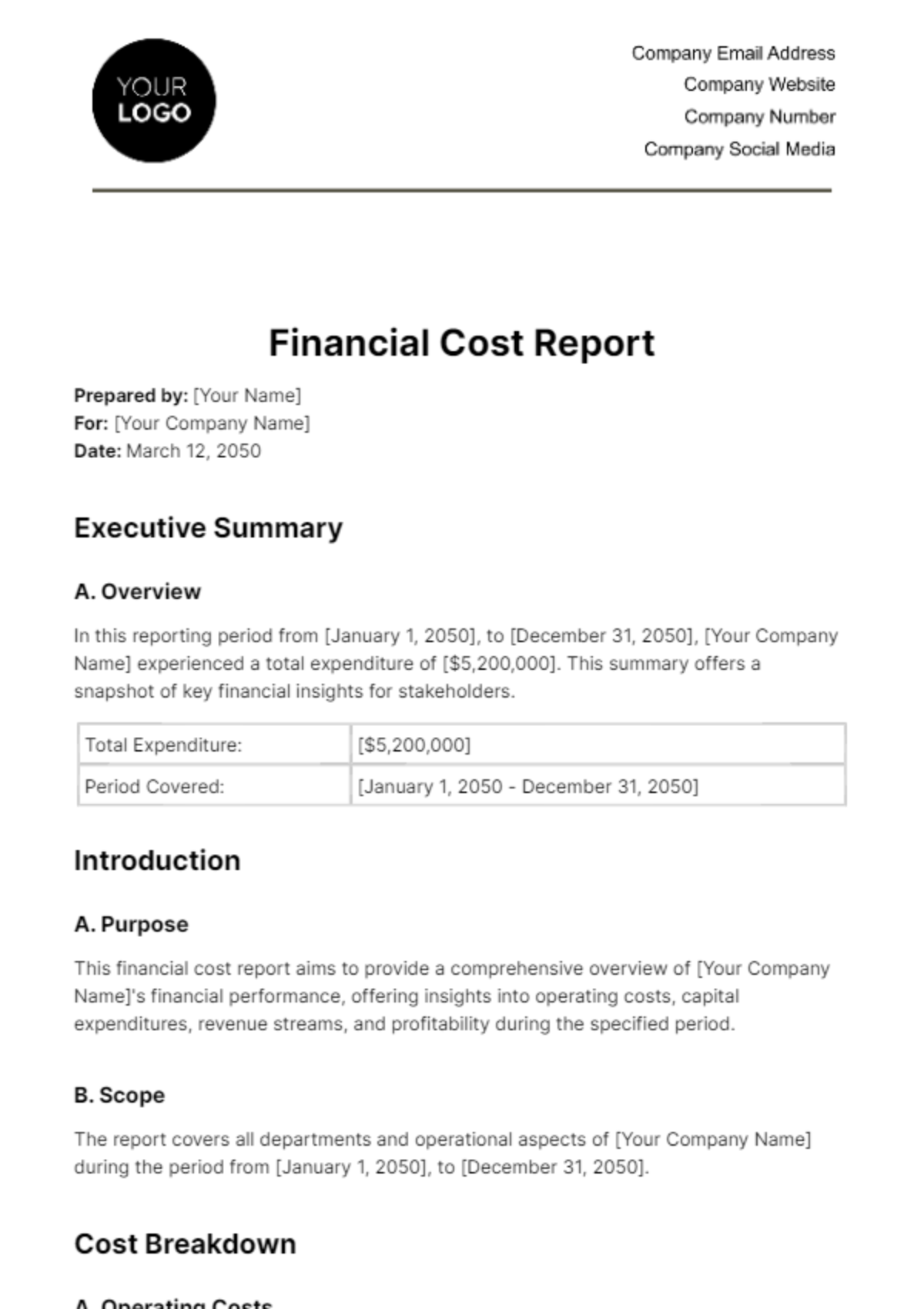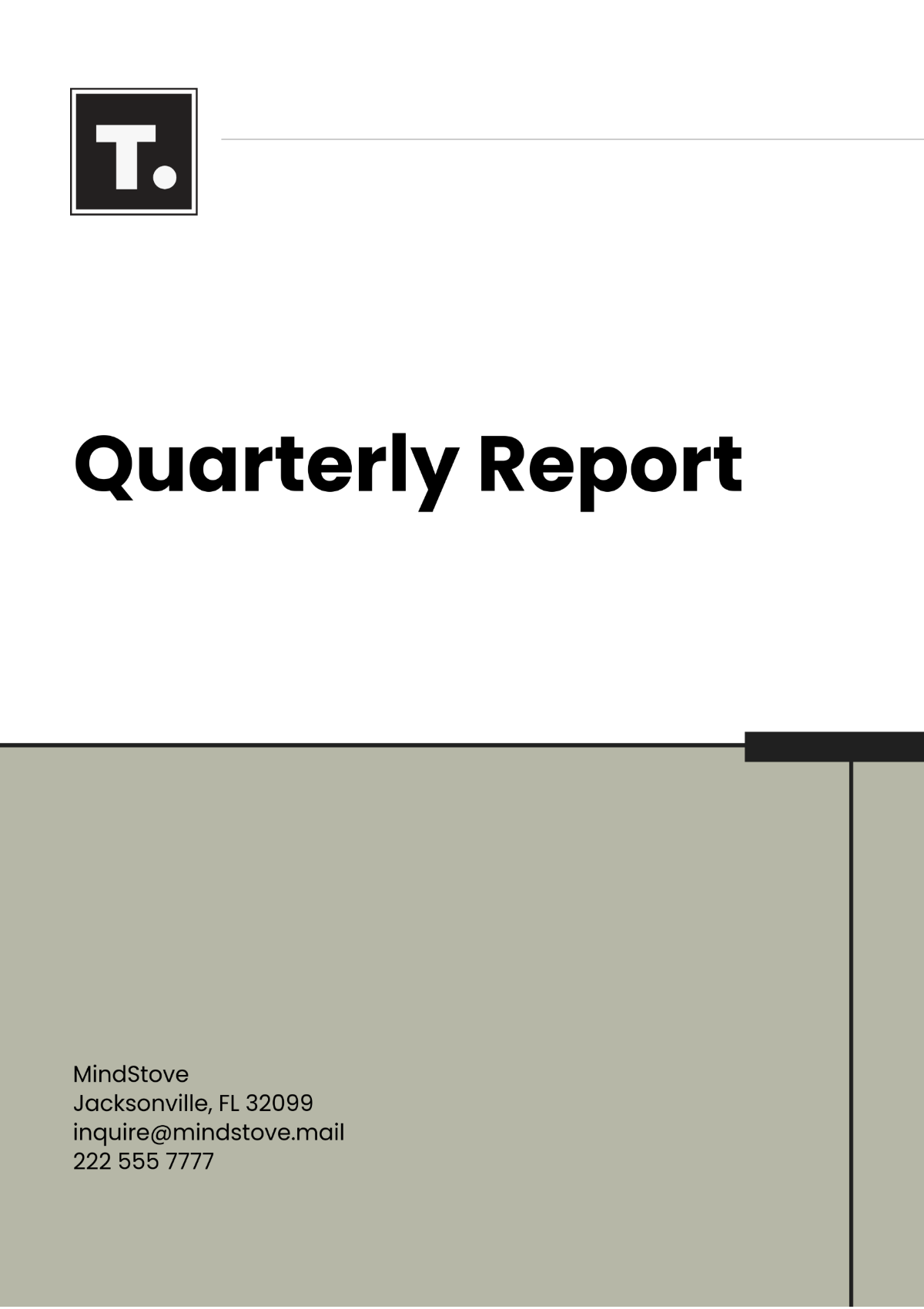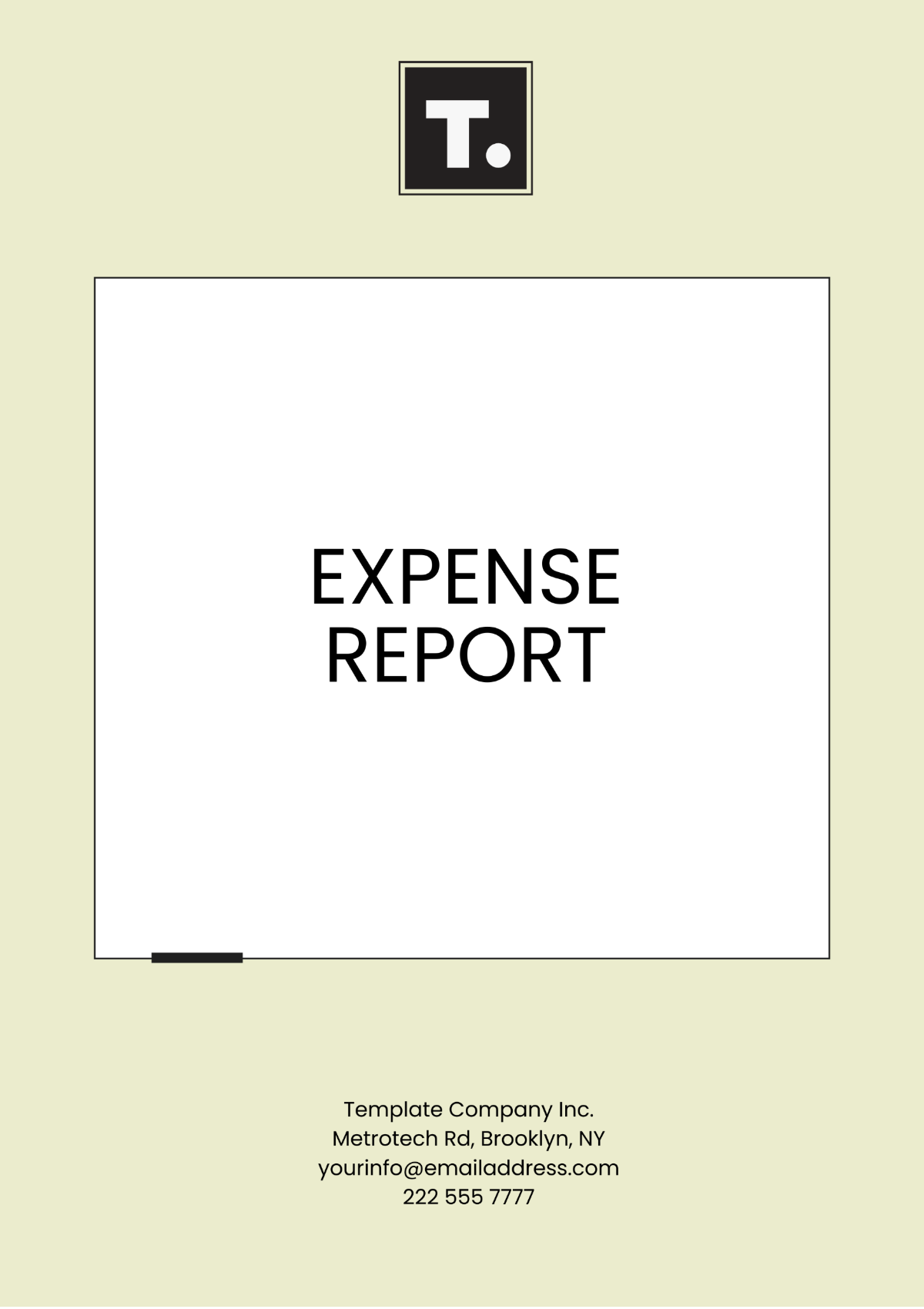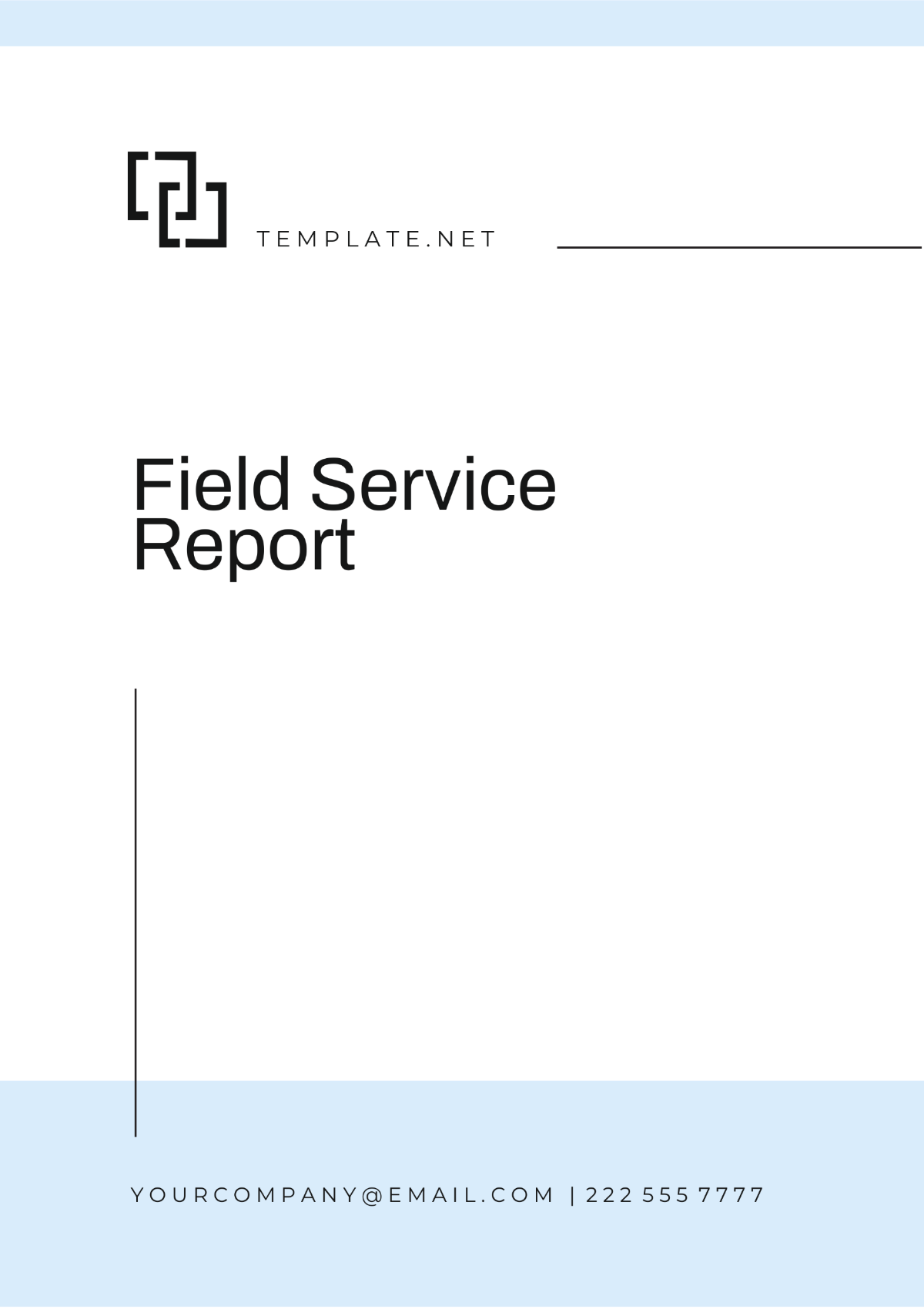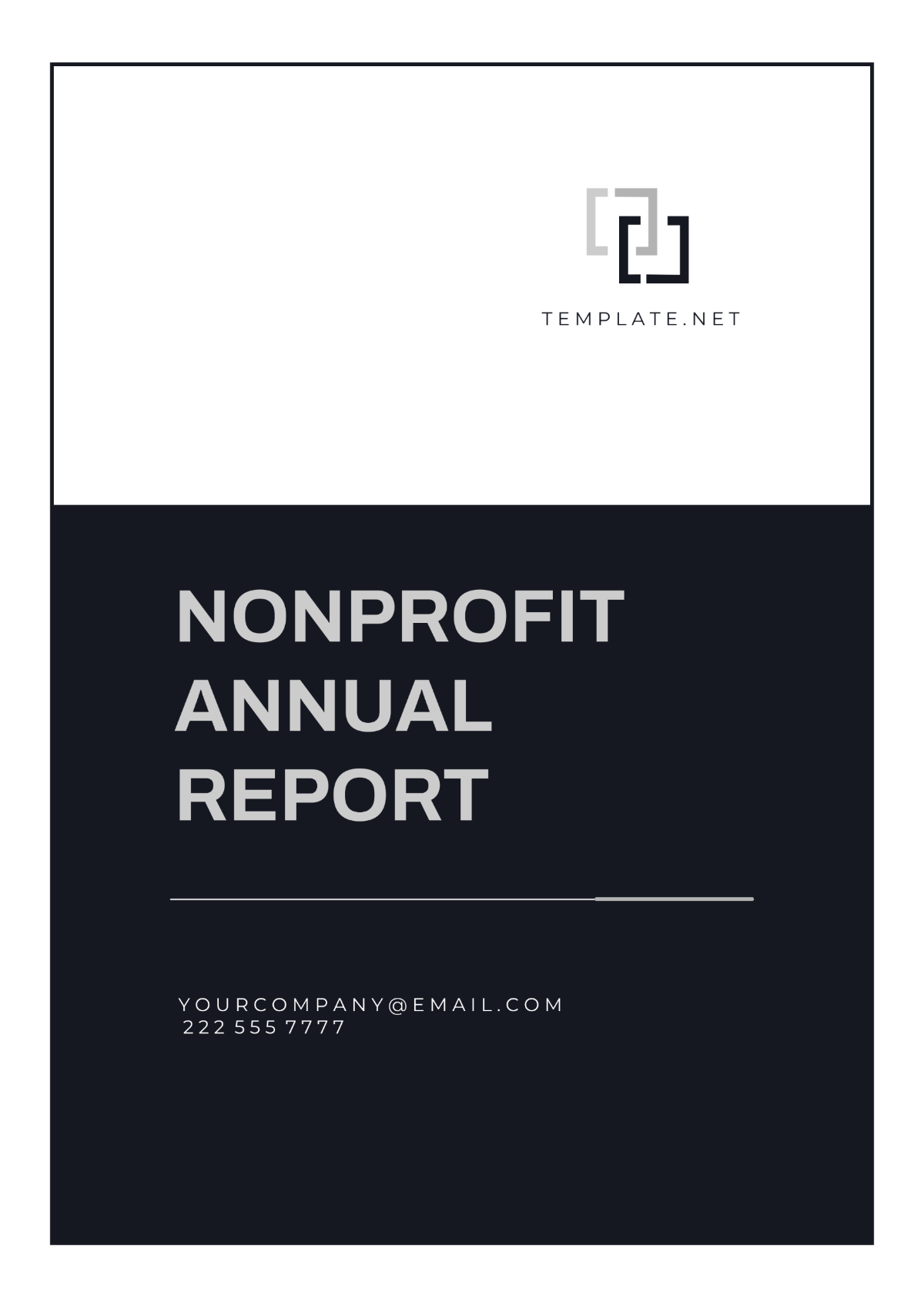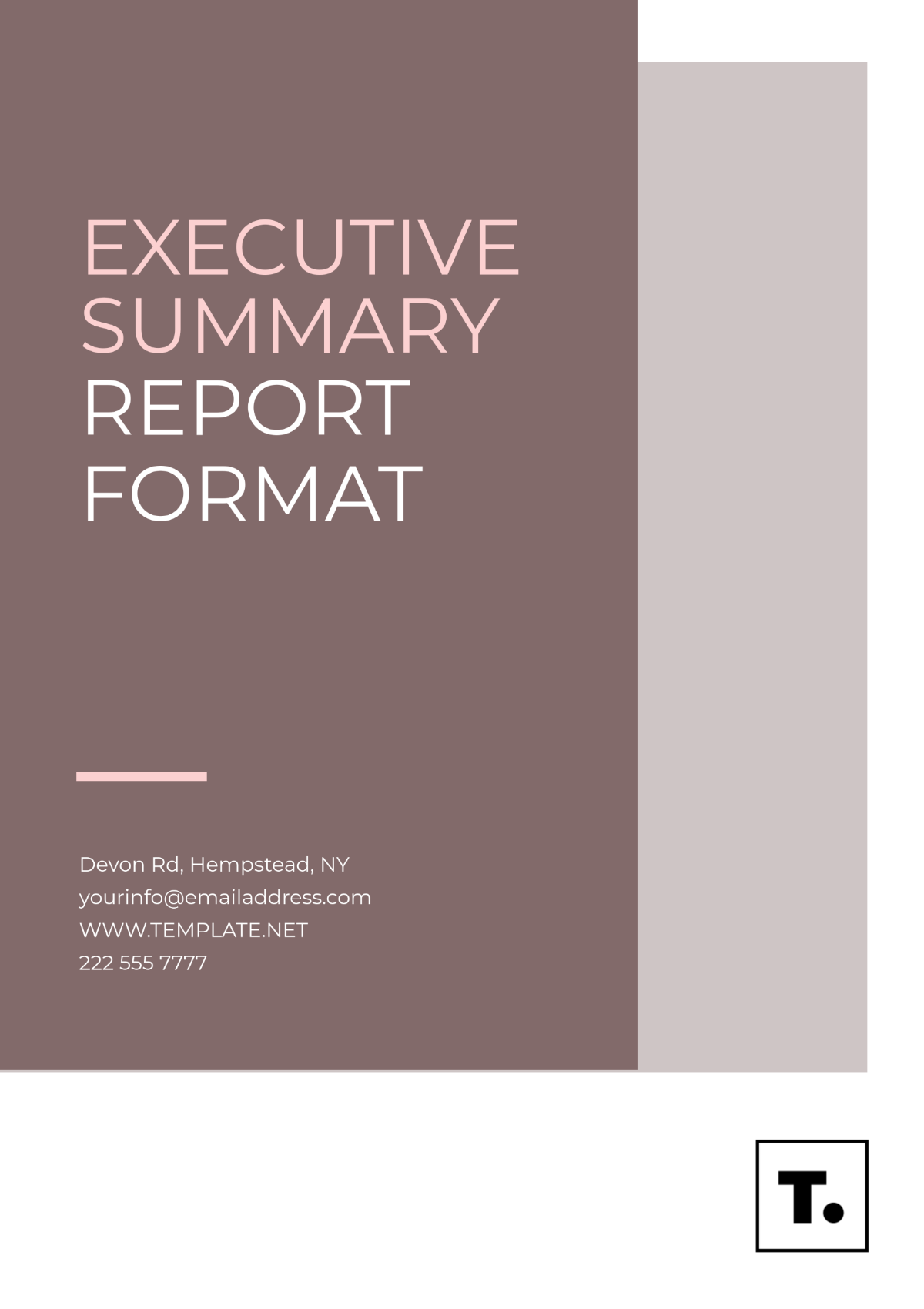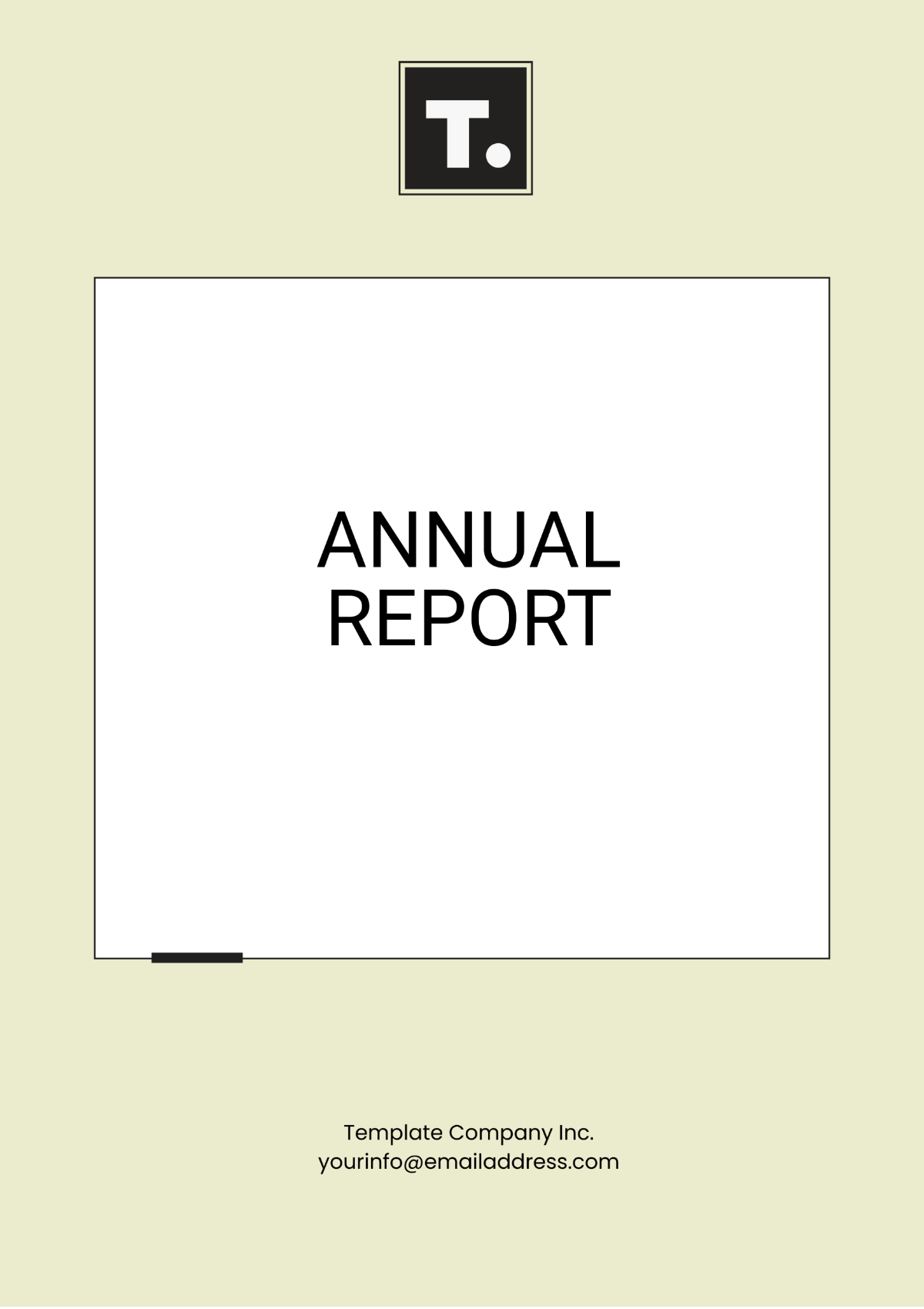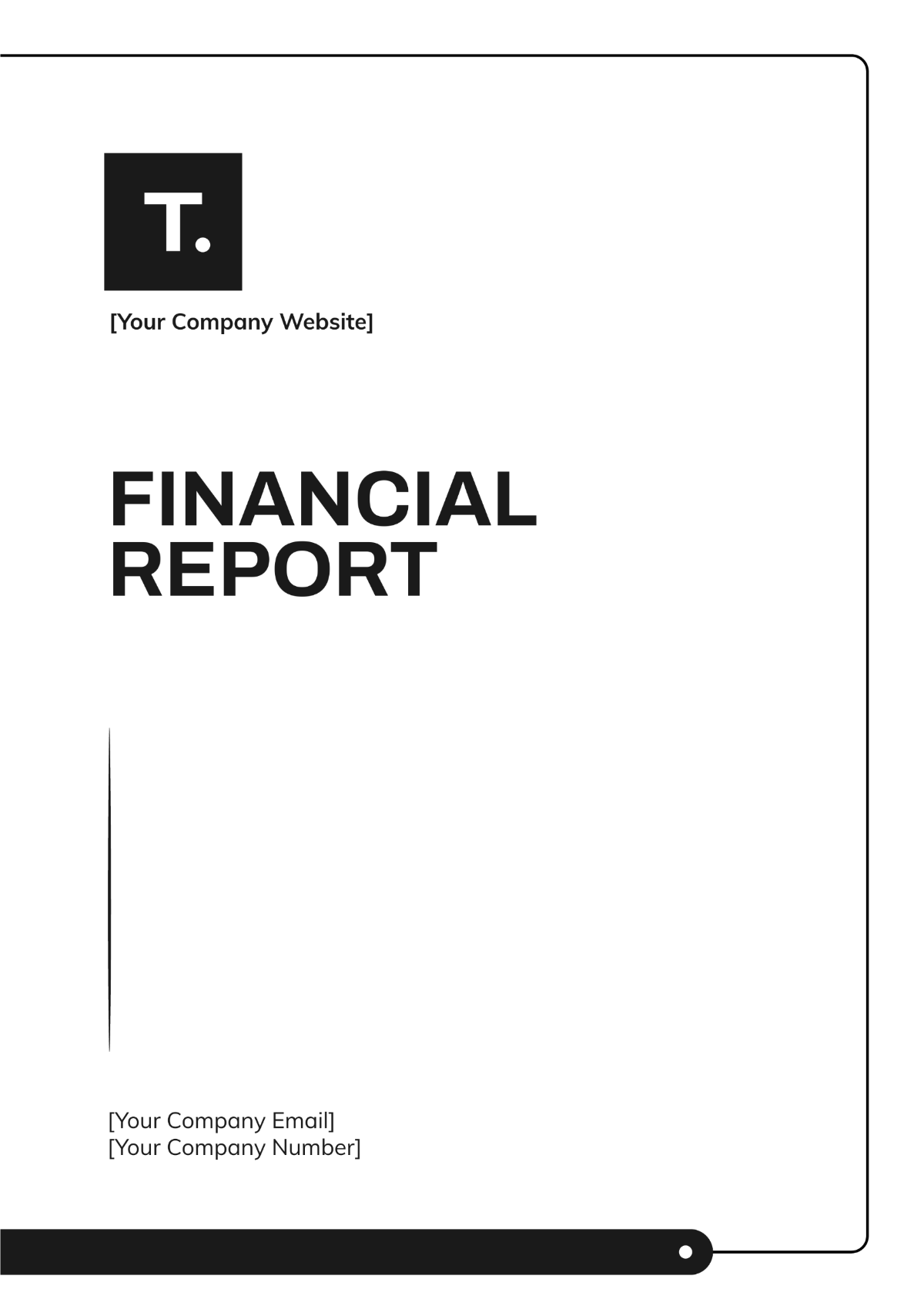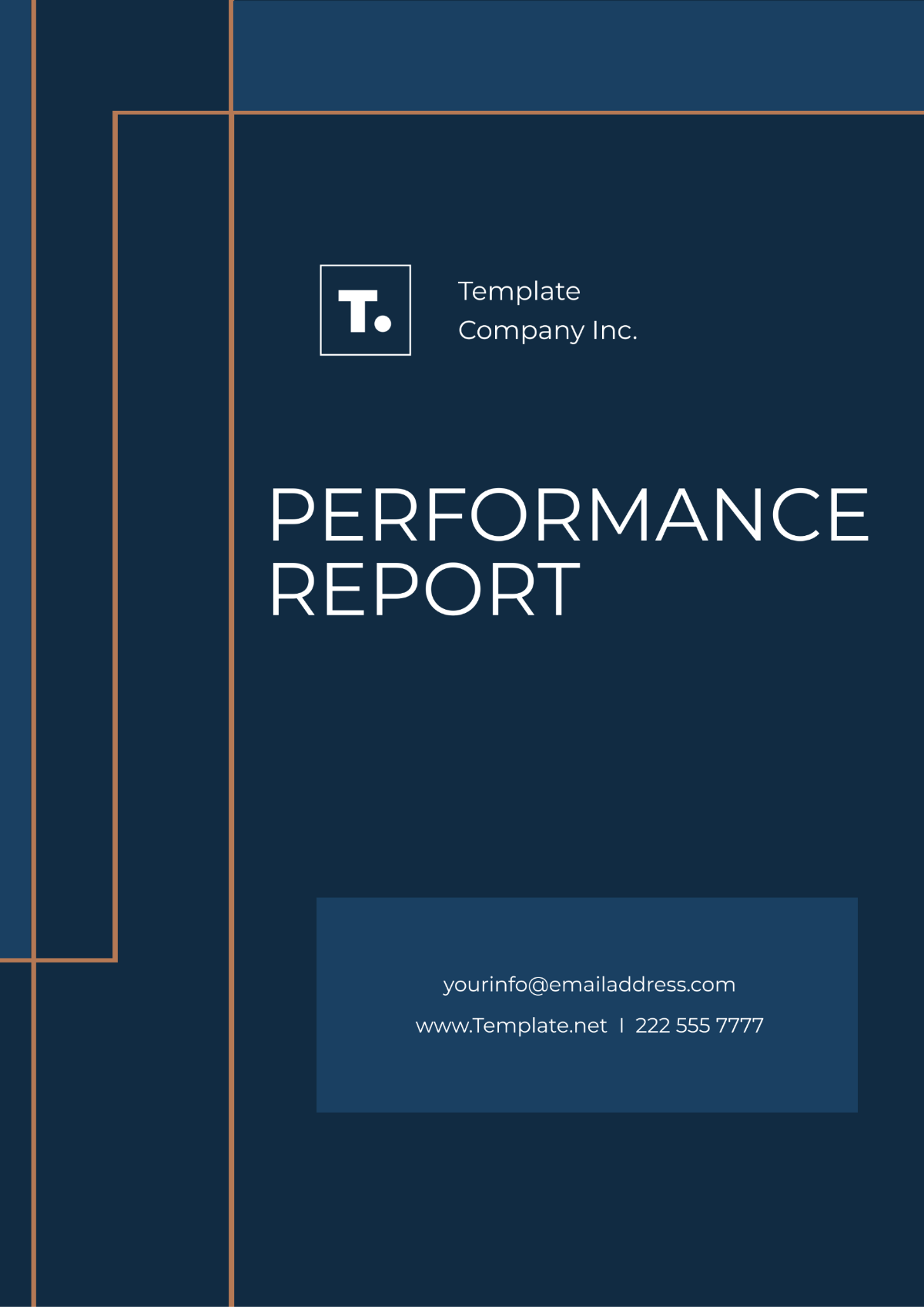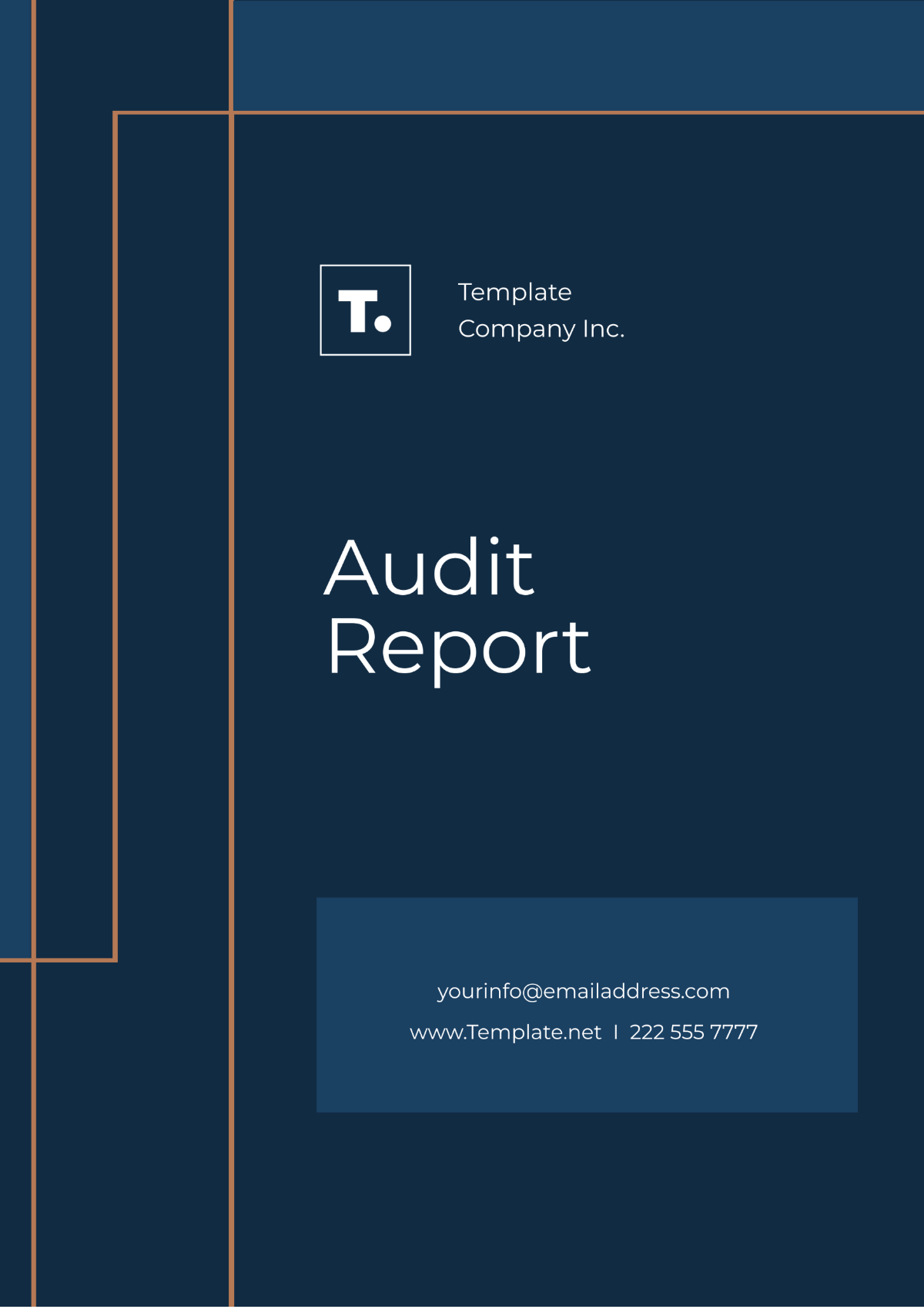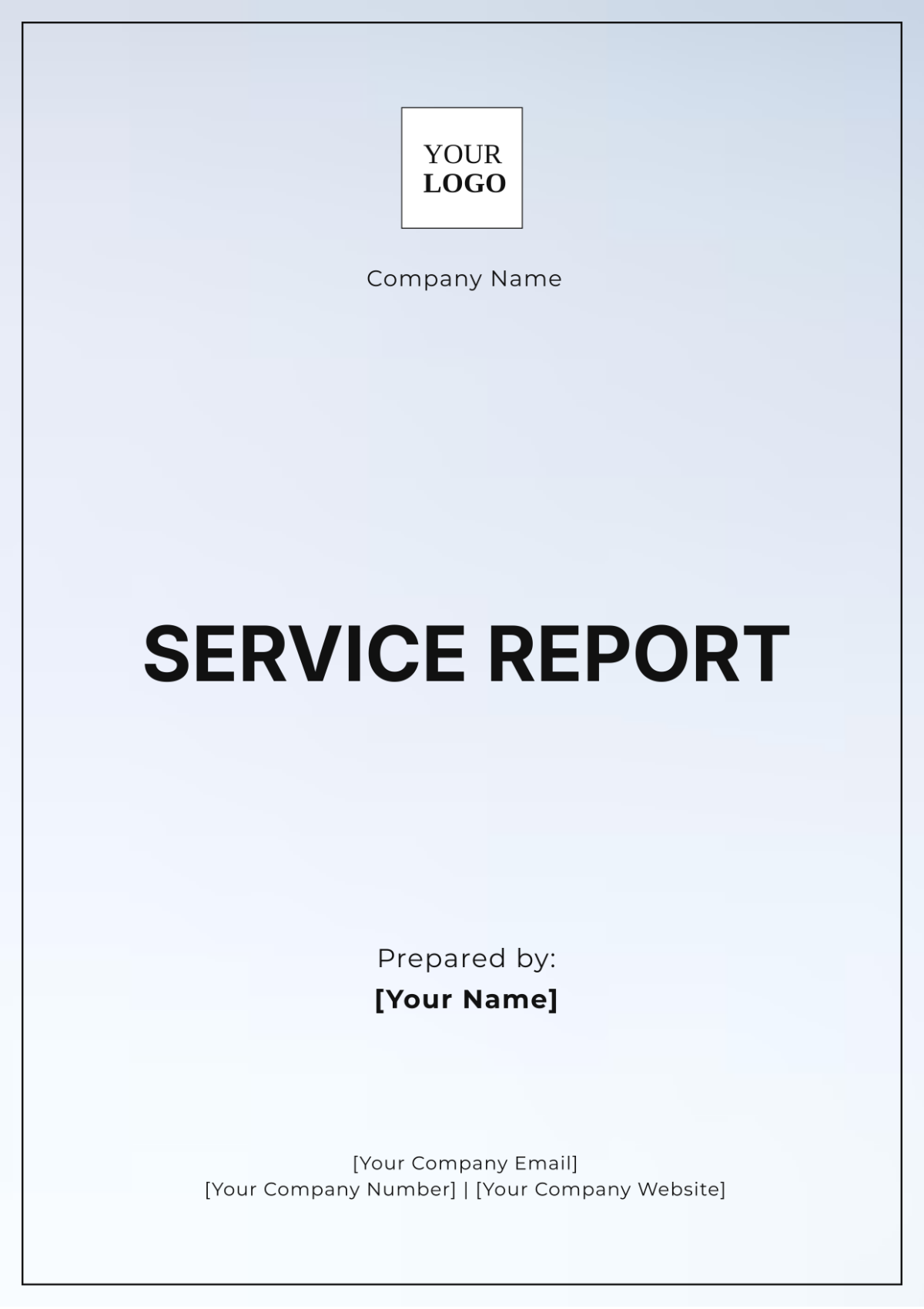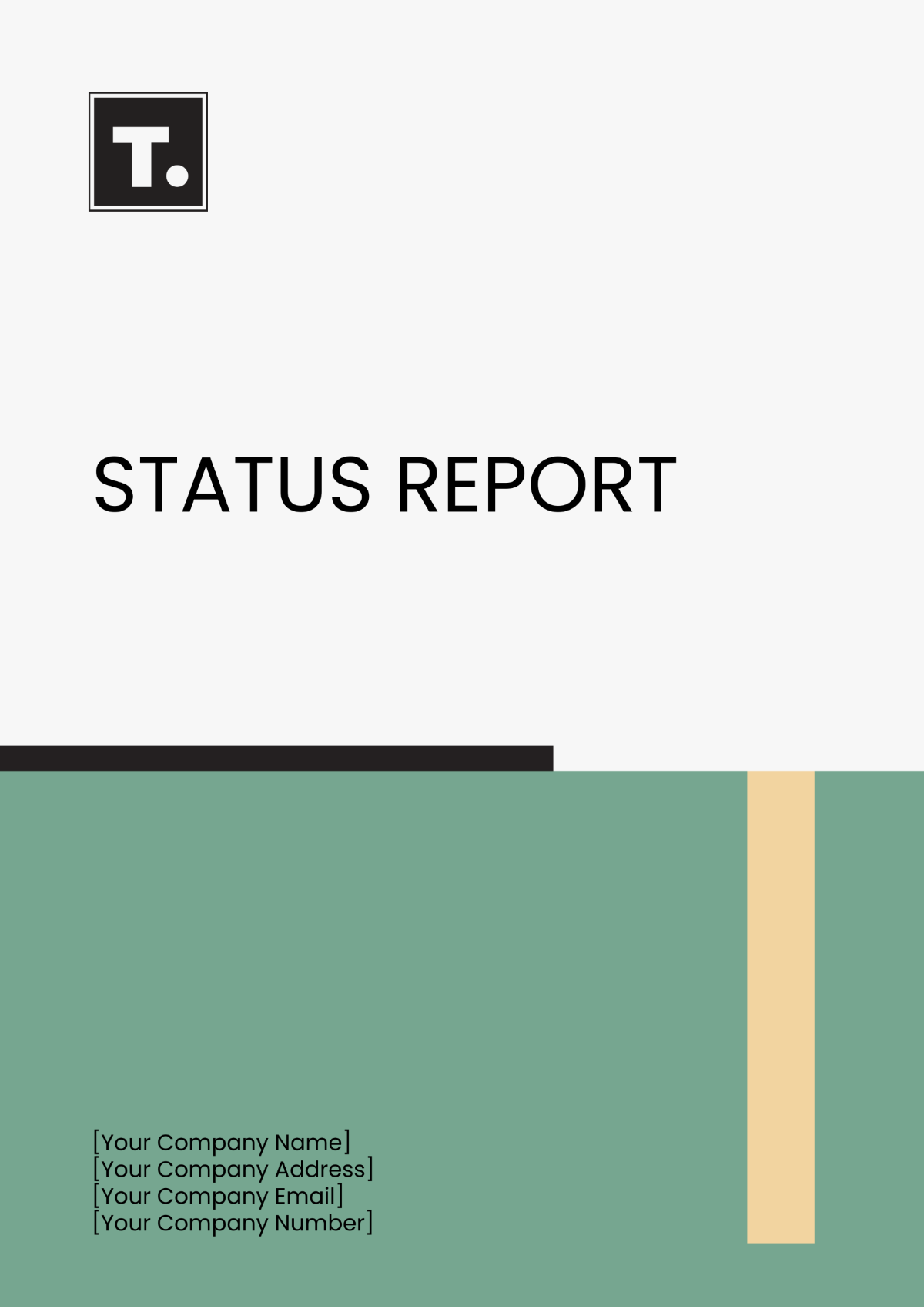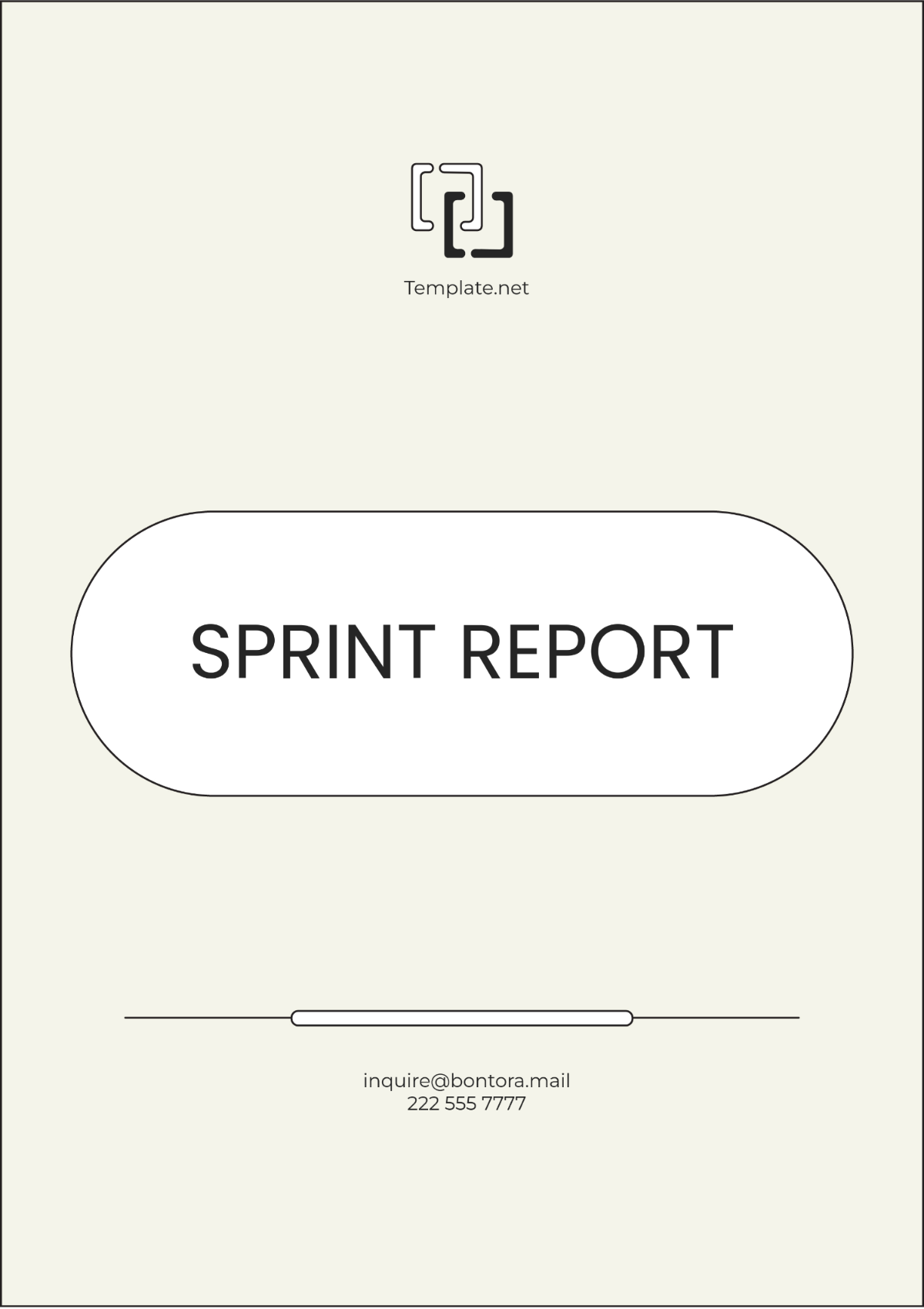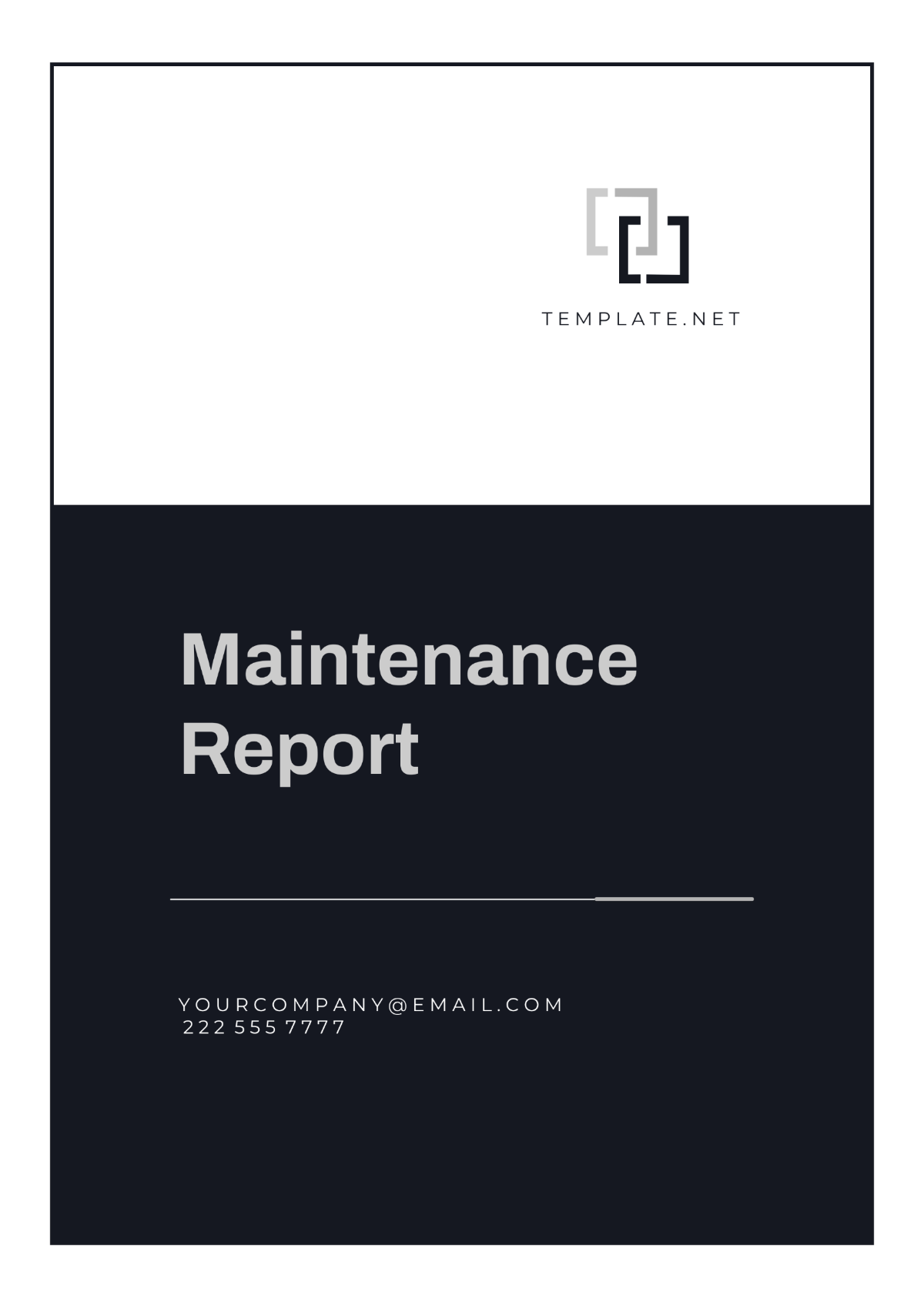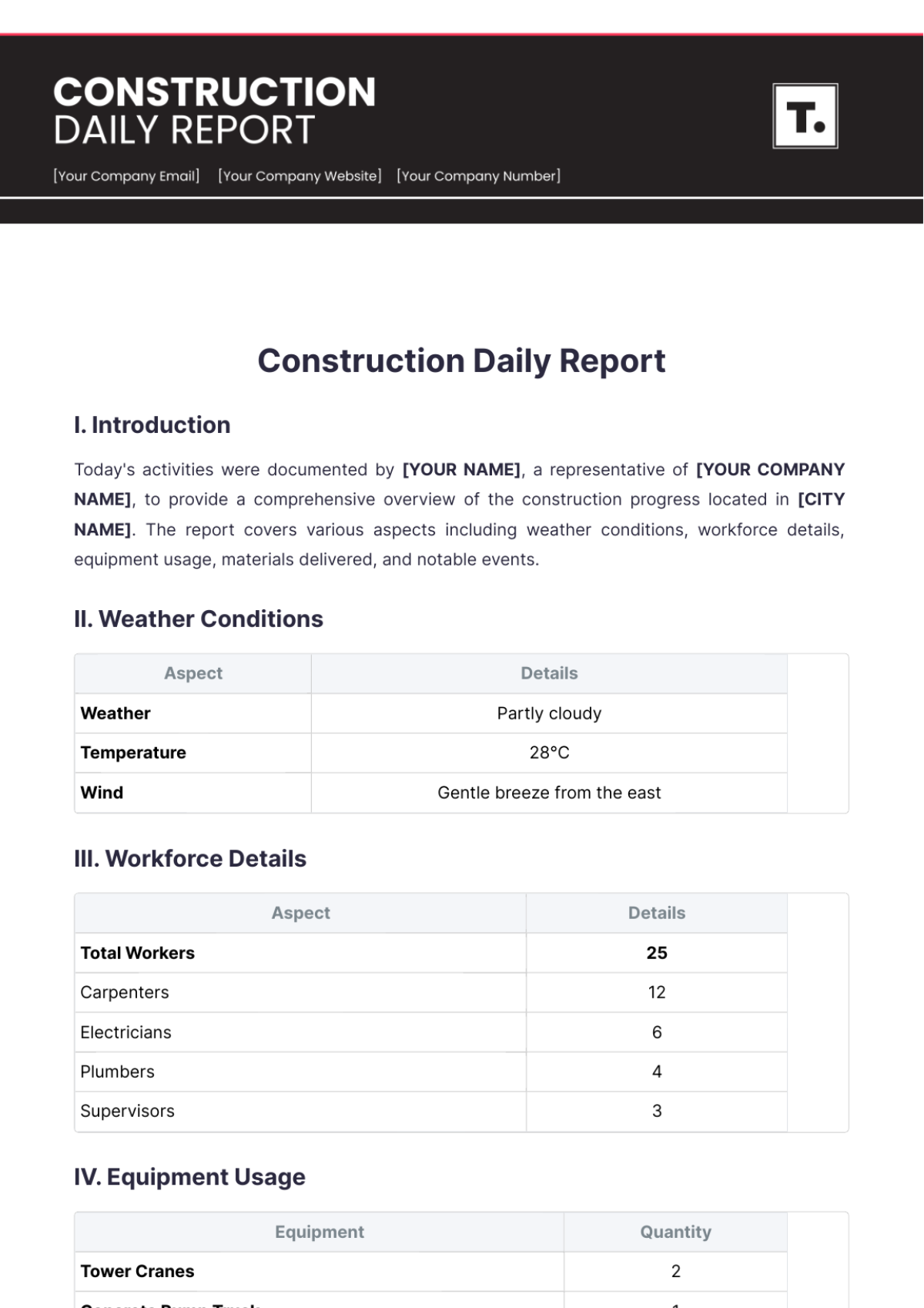Waste Management Service Report
Prepared by: [YOUR NAME]
Company: [YOUR COMPANY NAME]
Date: July 2, 2053
I. Introduction
The Waste Management Service Report aims to provide a comprehensive overview of the waste collection, disposal, and recycling services. This report details the processes, statistics, and recommendations to improve waste management efficiency.
II. Waste Collection
Methods of Waste Collection
We utilize several methods to collect waste from residential, commercial, and industrial areas. These include manual collection, automated collection, and semi-automated collection.
Below is a detailed table of the collection methods:
Method | Description | Areas Covered |
|---|---|---|
Manual Collection | Workers manually collect waste using bins and bags. | Residential, Commercial |
Automated Collection | Automated trucks with robotic arms collect waste. | Residential |
Semi-Automated Collection | Combination of manual labor and machinery for collection. | Industrial, Commercial |
Waste Collection Schedule
Our collection schedule is designed to ensure timely and efficient waste removal. The regular collection schedule is as follows:
Residential areas: Twice a week
Commercial areas: Daily
Industrial areas: Thrice a week
III. Waste Disposal
Disposal Methods
The methods employed for waste disposal are critical to managing environmental impact and efficiency. Our main disposal methods include landfilling, incineration, and composting.
Here are the detailed descriptions:
Landfilling: Disposing of waste in designated land areas, accounting for 50% of total waste disposal.
Incineration: Burning waste to reduce volume and generate energy, accounting for 30% of total waste disposal.
Composting: Decomposing organic waste into usable compost, accounting for 20% of total waste disposal.
IV. Waste Recycling
Recycling Process
Recycling involves collecting, processing, and reusing materials that would otherwise be thrown away as trash. The main steps in our recycling process include collection, sorting, cleaning, and reprocessing.
Types of Recyclable Materials
The materials commonly recycled within our service include paper, plastics, metals, and glass. Detailed information is as follows:
Material | Process | Usage |
|---|---|---|
Paper | Collected, sorted, and pulped | New paper products |
Plastics | Collected, cleaned, and melted | New plastic products |
Metals | Sorted, shredded, and melted | Construction materials |
Glass | Cleaned, crushed, and melted | New glass containers |
V. Recommendations
To improve our waste management services, we recommend focusing on the following areas:
Increasing public awareness and participation in recycling programs.
Investing in advanced waste sorting and processing technology.
Enhancing the efficiency of waste collection schedules.
Developing partnerships with local businesses for waste reduction initiatives.
VI. Conclusion
This Waste Management Service Report outlines the methods and processes involved in waste collection, disposal, and recycling. By implementing the recommendations provided, we can significantly improve the efficiency and environmental impact of our waste management services.

